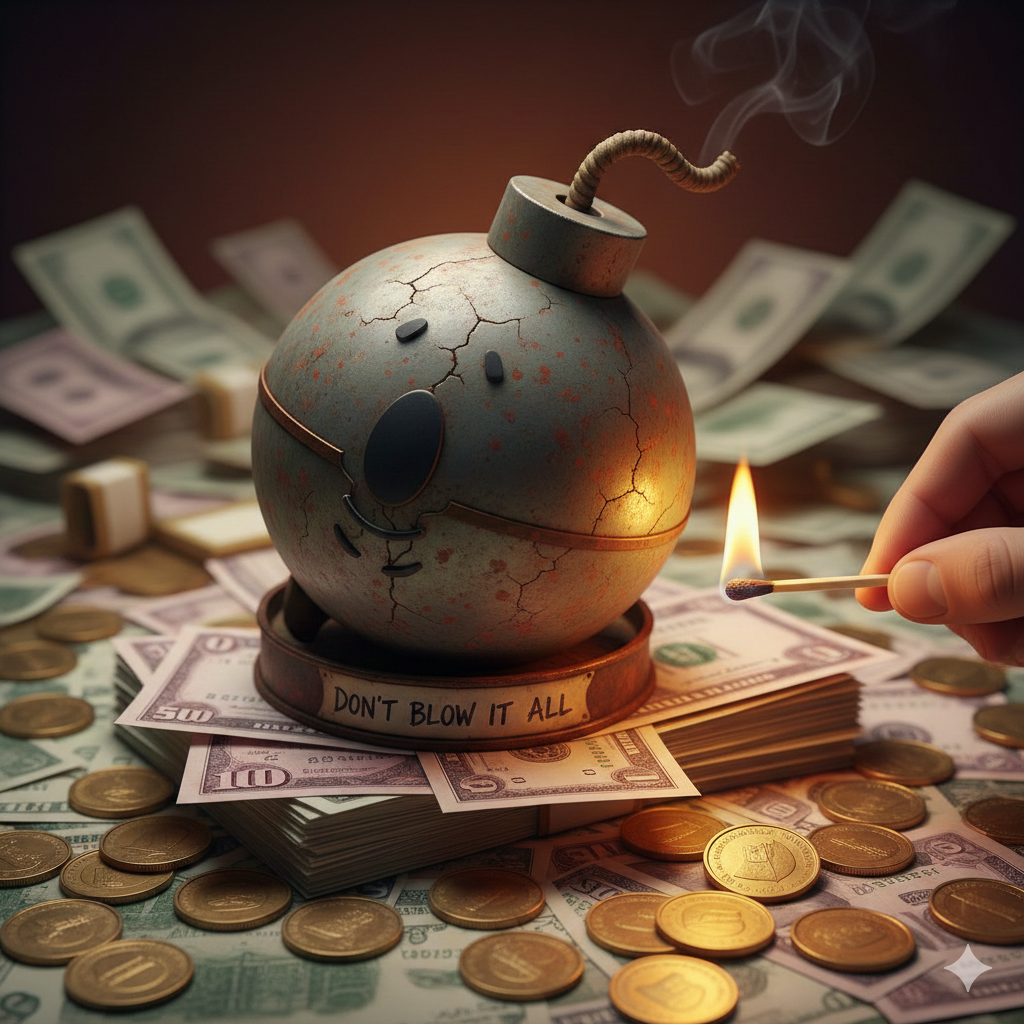In every industry, the most powerful trend shaping the future of business isn’t just technology—it’s wealth concentration. As wealth becomes increasingly centralized among fewer individuals, families, and corporations, the way products and services are sold is quietly being rewritten.We’re moving toward a world where fewer people control more purchasing power, and that’s transforming sales into something faster, leaner, and more direct.
1. The Fewer the Decision Makers, the Faster the Deal
When wealth was more evenly spread across millions of households and mid-sized businesses, selling was slow. Every purchase required multiple levels of approval, a long negotiation, and layers of bureaucracy.Today, that dynamic is changing. When a small number of people or firms control enormous pools of capital, the chain of command shortens. There are fewer “maybes” and more decisive “yes” or “no” answers.It’s not that salespeople have become better—it’s that the buyers have become fewer and faster.If one family office manages a billion dollars in assets, that’s equivalent to selling to tens of thousands of small investors—but with only one conversation.
2. Centralized Wealth Simplifies the Target
In the past, sales meant “mass marketing.” You had to advertise to millions to make a dent. Now, in many industries—luxury goods, venture finance, enterprise tech, private aviation, even education—the customer base is smaller but far more influential.Sales is shifting from casting a net to sharpening a spear.Rather than chasing 10,000 buyers, it might be more effective to build relationships with 10. The precision of outreach, the quality of the connection, and the trust built with high-net-worth or institutional buyers now outweighs broad exposure.This is why we’re seeing the rise of relationship-first sales ecosystems—personal introductions, private networks, closed conferences, and highly curated events.
3. Technology Removes Middlemen, and Wealth Concentration Amplifies It
Platforms like Zoom, WhatsApp, and LinkedIn have made direct communication possible across borders. But technology alone doesn’t explain why deals move so fast today—it’s because the people making the biggest decisions are more accessible than ever.
When wealth is concentrated, the hierarchy flattens. Instead of having to sell through departments, committees, or subsidiaries, sellers increasingly find themselves speaking directly to owners—whether that owner is a billionaire, a sovereign wealth fund, or a global conglomerate.That makes the sales process far less frictional. There are fewer steps, fewer approvals, and far less time between pitch and payment.
4. The New Sales Skill: Access, Not PersuasionIn this new reality, the best salespeople aren’t necessarily the most persuasive—they’re the ones who can get in the room.Because when the top 1% of decision-makers hold such immense influence, access is everything. The bottleneck isn’t convincing them; it’s reaching them.
That’s why personal networks, credibility, and referrals are becoming more important than traditional marketing funnels. Once you have access, the friction of the sale drops dramatically—because you’re talking directly to someone who has both the money and the authority.
5. What This Means for Entrepreneurs
For startups, consultants, and creators, this shift has two sides:
Harder to get in: Fewer decision-makers means tighter circles and higher competition to reach them.Easier once you’re in: Once trust is built, scaling becomes faster because each deal carries more weight.In other words, you can’t rely on mass reach anymore—you need strategic entry. You need to understand who controls the money in your niche, and build a direct line to them.The future of business belongs to those who know how to sell to the few who matter most.
6. The Bottom Line
As global wealth concentrates, the sales process evolves from broad and bureaucratic to narrow and frictionless.
We’re heading toward a market where:
Fewer clients control more spending.
Fewer conversations close bigger deals.
Fewer decision-makers lead to faster decisions.The modern salesperson isn’t navigating a crowd—they’re navigating a small circle of gatekeepers and power players.And for those who learn to operate in that world, sales becomes not just faster—but simpler, more strategic, and more scalable than ever before.
